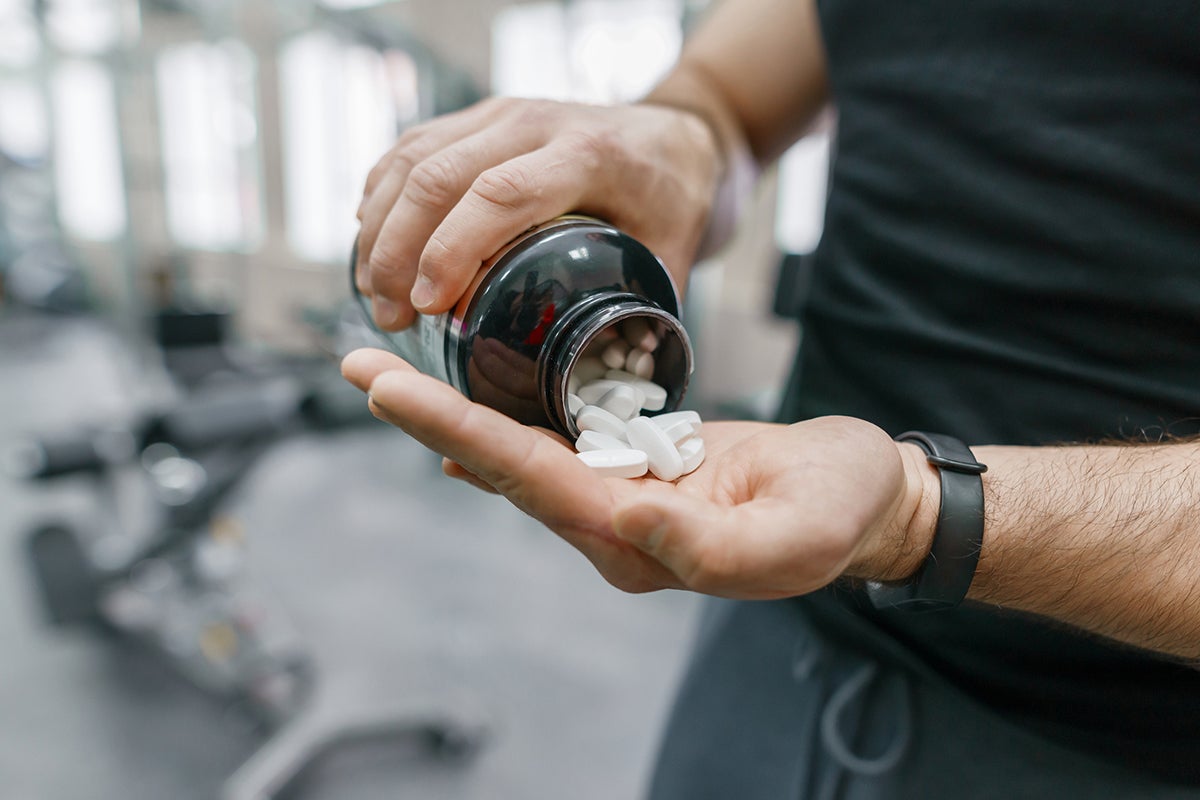Related Topics
New York ban on sale of muscle-building supplements to minors a good first step, says expert
A ban on the sale of muscle-building supplements to minors in New York state, which took effect in April, is a “bold and necessary step” in protecting young people from adverse health outcomes and eating disorders, according to…

Influencers, researchers work together to enhance mental health content
Social media influencers have been working with experts at Harvard Chan School to share science-based information aimed at improving mental health.

Social media platforms generate billions in annual ad revenue from U.S. youth
Social media platforms Facebook, Instagram, Snapchat, TikTok, X (formerly Twitter), and YouTube collectively derived nearly $11 billion in advertising revenue from U.S.-based users younger than 18 in 2022, according to a new Harvard Chan School study.

New York bans sales of diet, muscle building supplements to minors
New York has become the first state to ban the sale of over-the-counter weight loss and muscle building supplements to minors.

Exploring the effect of social media on teen girls’ mental health
Exposure to videos and photos on social media platforms can contribute to body dissatisfaction and eating disorders among teen and adolescent girls, and can lead to serious mental health issues, including suicidal behavior, according to experts.

Artificial intelligence tools offer harmful advice on eating disorders
Artificial intelligence chatbots created to help people with eating disorders have the potential to backfire, instead promoting harmful views of weight loss and diet culture, experts say.
To help prevent eating disorders, regulate social media algorithms, expert says
To halt the rise of eating disorders among Americans, experts say policymakers must focus not only on improving treatment quality and accessibility, but also on prevention. One key tactic toward this goal would be to regulate social media,…

Unrealistic beauty standards cost U.S. economy billions each year
The repercussions of body dissatisfaction and appearance-based discrimination are costing the U.S. economy billions of dollars annually, according to a new report.

State lawmakers push to ban diet supplement sales to minors
Lawmakers in several states are considering bills restricting the sale of non-prescription diet supplements to minors.
Eating disorder research hampered by limited data
Researchers hope that a rise in eating disorders during the pandemic will shine a light on the need for nationally representative data on disordered eating in adolescents.